Rarely has a footballer ever played as little as Howard Gayle did for Liverpool but left such an indelible mark on a football club.
Gayle made just five appearances for Liverpool but left a unique legacy on and off the pitch.
As a player, he is remembered for a superb substitute performance in the semi-final second leg of the 1981 European Cup, away at Bayern Munich.
After a goalless draw at Anfield, Liverpool travelled to the Olympiastadion looking to reach their third European Cup final in five years, but they suffered a blow in the ninth minute as Kenny Dalglish was forced off through injury.
Gayle replaced him in attack and set about causing problems for the opposition during his 61 minutes on the pitch, before being substituted for fear of him being sent off.
Liverpool would progress thanks to the away goals rule after a 1-1 draw, and Gayle would take his place on the bench for the final as the Reds lifted the trophy in Paris against Real Madrid.
Without the 22-year-old’s impact in Munich, Bob Paisley‘s side may never have reached the final, but Gayle holds a unique position in the club’s history for another reason.
The Scouser was Liverpool’s first-ever Black player, and that came with its difficulties.
Facing discrimination at Liverpool
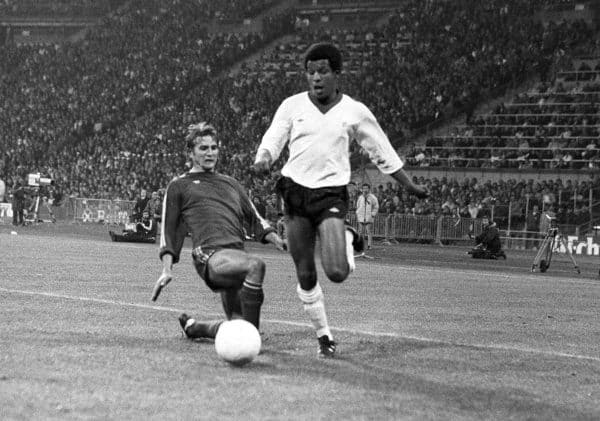
“I used to go to bed every night dreaming of being able to play for Liverpool and I was always wary that there weren’t any or many Black players in football,” Gayle told This Is Anfield.
As a young Black man, born in Liverpool 8 and raised in Norris Green, Gayle became a trailblazer in the city as Liverpool’s first Black player.
However, that dream that he had envisioned in bed as a child wasn’t quite the utopia he imagined.
This was a different era and prior to Gayle’s debut in 1980, not one Black player had taken to the Anfield turf in a red shirt during the club’s 88-year existence.
While many were supportive, some were stuck in their ways, one particular old boy being dressing room veteran Tommy Smith.
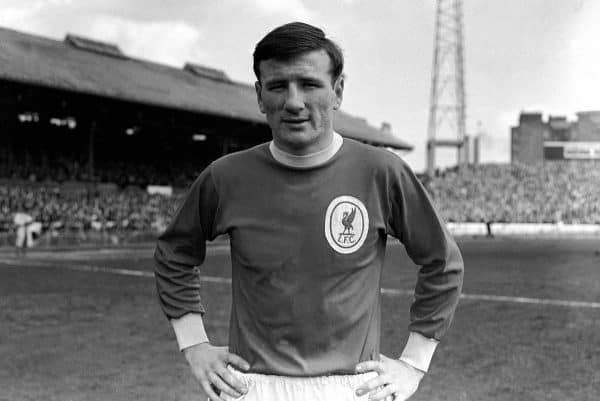
The defender had been in the senior squad for 17 years when Gayle broke into the team, and the young reserve player became a target for the former captain.
Gayle, now aged 67, recalled: “One day my brother got hold of me. They came to watch me in the reserves on Saturday and said, ‘You’re not the same player. What’s going on?’
“My younger brother, Abdul, he just went, ‘What’s going on in that club?’, because they knew, and they really knew what was going on but they needed for me to say it.
“I just said, ‘Listen, I’ve just been getting whats-a-named by Tommy Smith and his jibes and that going on from some of the other players in and around.’
“So my brother said to me, ‘We’ll come and get you tomorrow morning and we’re going in that club with you’.
“And I said, ‘You can’t do that’, because I knew what they were going to do. If they’d met Tommy Smith, they’d have battered him.
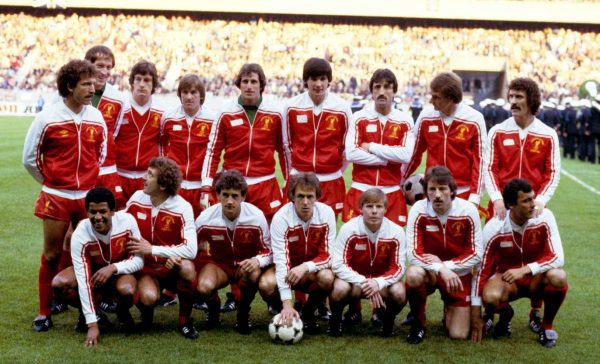
“So I had to say if it comes to that, I’ve got to do it myself. Sending my two brothers in just undermines me. My brother, our kid, he said, ‘If you have to, pick up something and do what you’ve got to do’.”
Gayle dealt with Smith in his own way.
On a cold December morning, the youngster struck a ball which hit Smith and stung him on the inner thigh.
“He was hopping around and everyone was laughing at him,” Gayle said. “So he’s looked at me and I’m laughing as well. He kicked off on me, ‘You Black this, you Black that etc.’
“I realised now that this was my moment so I’ve walked over to him and I said to him, ‘If you ever ever call me that again, one night you’ll go to piss in the middle of the night and I’ll be in your bog waiting for you, and you won’t like what you’re gonna get.'”
The threat did the trick and Smith no longer bothered Gayle, who now had the support of other dressing room leaders, including Emlyn Hughes.
A footballer true to his roots
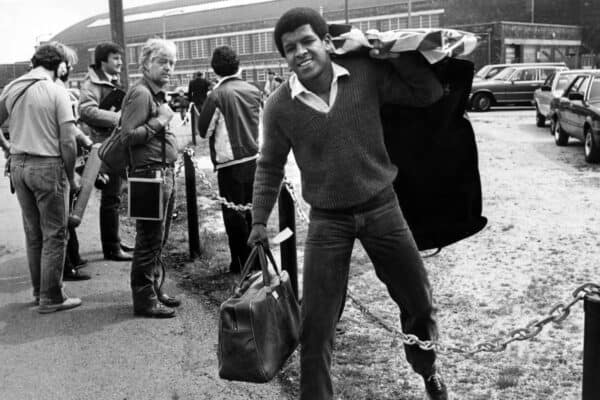
While Gayle may have dealt with his training ground issue, there were problems at home.
Just a 20-minute drive from Melwood, parts of Liverpool 8 were going up in flames as a community largely made up of ethnic minorities rebelled against a discriminatory police force.
Despite being forced by club officials to move to the more affluent suburb of Mossley Hill, Gayle spent much of his time in Toxteth where his relatives lived.
Despite being born in Liverpool, Gayle considers himself African.
His father came from Sierra Leone to help rebuild Britain after World War 2, and a grandfather on his mother’s side came from Ghana.
Just a couple of months after he had watched from the bench as Liverpool lifted their third European Cup, he watched as the community around him burned.
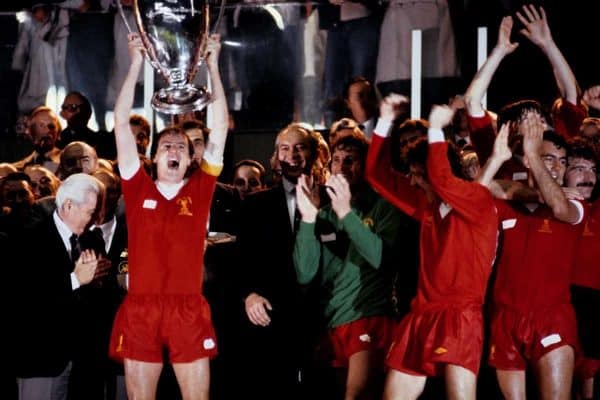
Gayle remembered: “We went into the 1981 riots and that was a moment and a traumatic experience, because all my family and friends were involved in the riots and I wanted to be a part of it, but my two brothers got me and said, ‘You’ve got to do your bit with the club.
“‘That’s where you’re going to help the movement, showing us that we have got an excellence, that we can do anything and survive within the White culture of the city.'”
Thankfully, attitudes have changed and there is less of a racial divide in the city at present, though examples of division and discrimination are still prevalent in society.
All around us in Liverpool, the legacy of the British Empire is on display, something that Gayle couldn’t shake when offered an MBE in 2016.
He explained: “When I seen what colonialism [did] and the impact it had had on Africans, and yet Africans were coming to this country and were being turned away through immigrations.
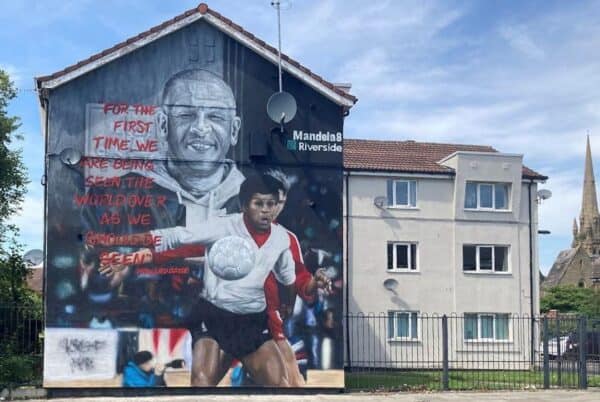
“Most of the stuff and the profits coming out of Africa were coming here, into European countries. They were taking all the gold, the diamonds, the bauxite.
“These are all the trinkets that have been stolen over the years, and being a part [of it] or having a badge on me to say that I’m a member of that culture, no. It wasn’t for me.
“I didn’t expect it to be offered to me, but when it did, I always knew that I was always going to refuse it.”
Idolising footballers from a range of backgrounds has become the norm thanks to those first Black players in this country, like Gayle, who had to overcome challenges their White counterparts didn’t.
Now, there are 11 first-team players of Black origins.
While they needn’t necessarily thank Gayle directly for facing down racism that countless others have endured, he should always be remembered as a great player and an example of remaining true to your roots.
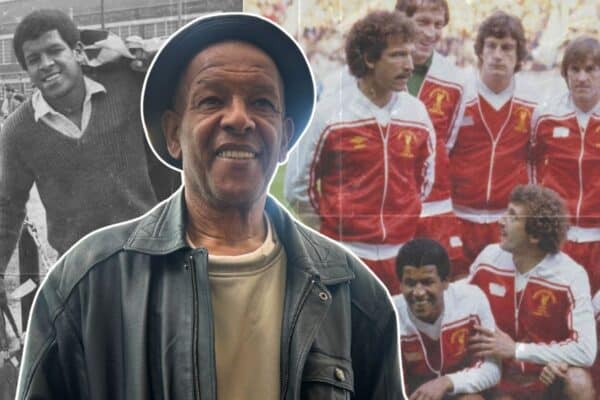
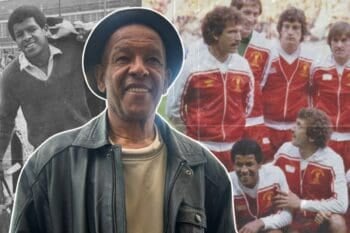
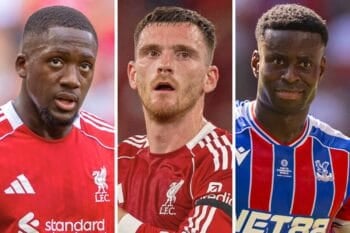
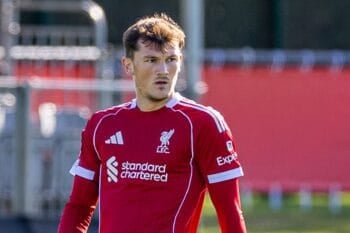
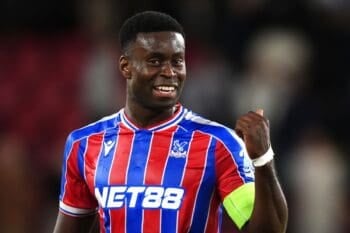
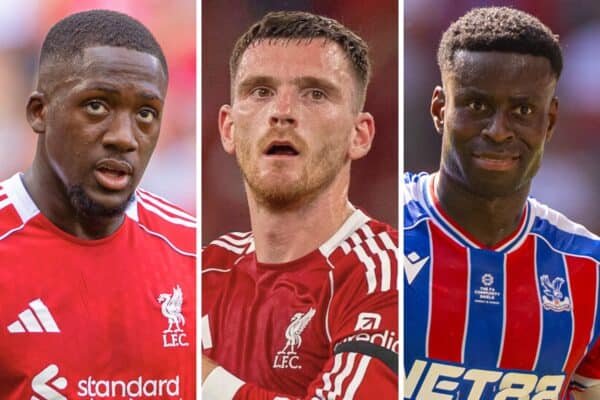
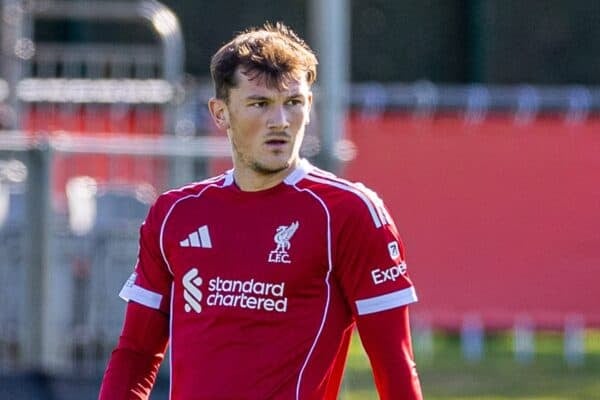

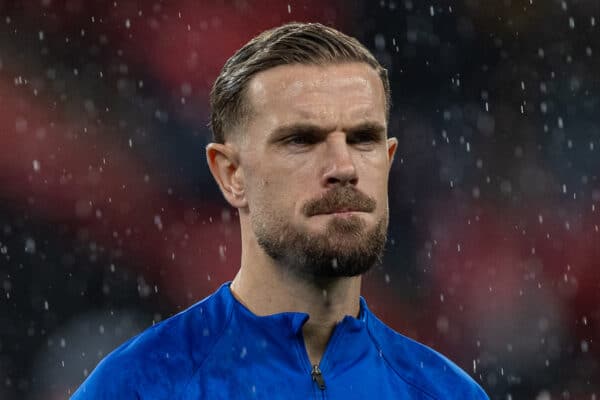
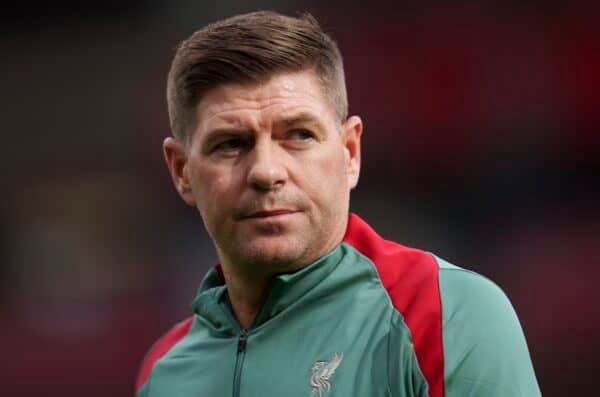
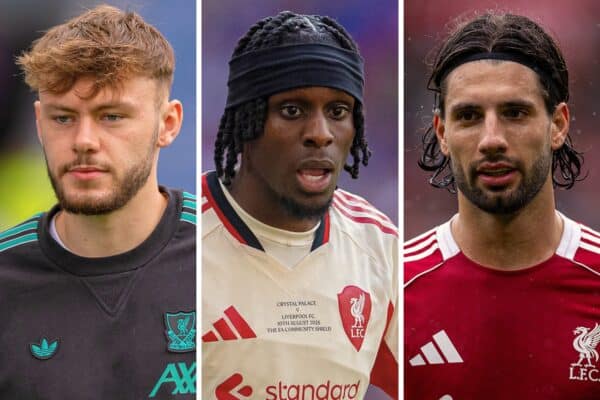

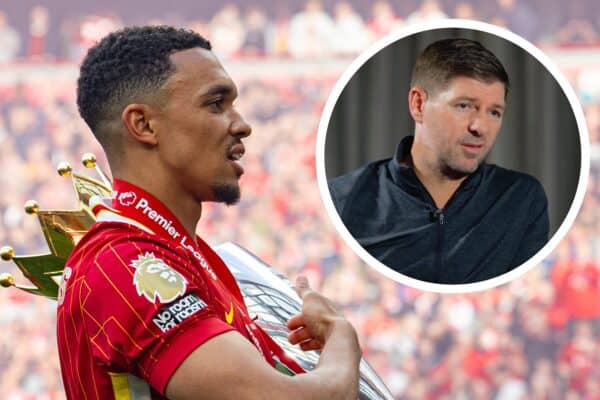
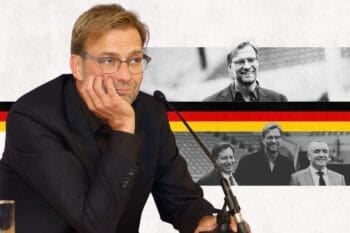



Fan Comments